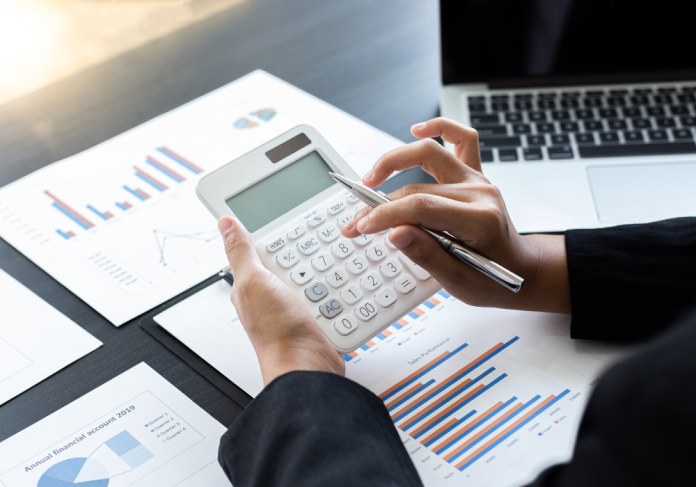Accounting is no exception. Using advanced technology, organizations can improve the productivity of their accounting departments. Accountants no longer have to manually enter data and generate reports. Now, they are expected to acquire additional skills, such as the ability to make quick decisions, critique constructively, and think analytically.
Demand for new accounting technologies increases the speed of accounting operations, and lowers costs. Accounting professions use the internet extensively to manage their internal management and clients.
Each technology is updated regularly with new functions. Its flexibility and performance are increased. Artificial Intelligence allows many organizations to save resources and money.
Accounting and finance professionals are the ones who have the most to gain from technological advances. Now, they are adopting these new technologies and learning them to enhance their roles and performances. Financial professionals must get to know this new technology and its growth.
The impact of technology on the accounting profession is profound. The following are some of the technologies that will likely shape the future accounting industry:
1. Mobile Accounting
Mobile accounting uses applications to allow users to manage their accounts and other business information on a smartphone or tablet. It is possible to integrate multiple applications simultaneously and access data from mobile. Mobile accounting is cost-effective and allows users to perform regular tasks like budgeting, bookkeeping, reporting, etc.
The system is also more efficient, since it doesn’t require that the user be physically present in order to perform a task. The fact that mobile accounting is accessible anywhere and anytime makes it easy to monitor and coordinate.
This technology reduces paper use, offers flexibility and streamlines processes. Mobile accounting technology will remain popular due to its ease of use.
2. Robotic accounting
Robotic accounting is a new technology that utilizes artificial intelligence in order to develop Robotic Process Automation software. This eliminates the need to have humans handle repetitive and large tasks.
This reduces the chance of error and ensures all tasks are completed efficiently and quickly. RPA is a cost-effective tool that can help to improve the performance of an organization.
RPA can be used to perform tasks such as
- Accounts Receivables
- Accounts Receivable
- Bookkeeping
- Financial Budgeting
- Planning and
- Forecasting
3. Cloud Computing
Cloud computing is a technology for accounting that is managed by cloud service providers. Cloud computing uses the Internet to give quick access to accounting tools, applications, and storage.
Cloud-based technologies allow organizations to avoid investing in expensive IT infrastructure because everything is securely stored on the cloud.
Once data is stored in the cloud, it will never be lost. Accounting software that uses cloud-based technology automatically updates from the backend. This feature is time-saving and saves the company from having to retain its employees.
Cloud accounting is a reliable method of accounting, since data is always available and can be accessed from anywhere. It is easy to use and increases productivity. It is cost-effective, and it can be used by a wide range of people in the organization.
4. Block chain technology
Block chain technology is the latest technological advancement in accounting that provides maximum security for all electronic files and data. Block chain technology focuses on its ability to secure data in a way that cannot be altered or destroyed.
Block chain technology can be used by financial institutions such as banks and investment firms who deal with public funds to protect their clients against scams. Data in a block-chain is permanently stored and can be accessed by all users, eliminating the requirement for central databases. Bit coin and crypto currency helps transfer rights to assets securely and efficiently.
The block chain technology is being used in auditing as well, since the auditor has access to data as it is processed by the client. It makes it easier to monitor and allows the auditor to focus on many complex transactions. This helps avoid time-wasting techniques such as random or selective testing for transactions that are of little importance.









